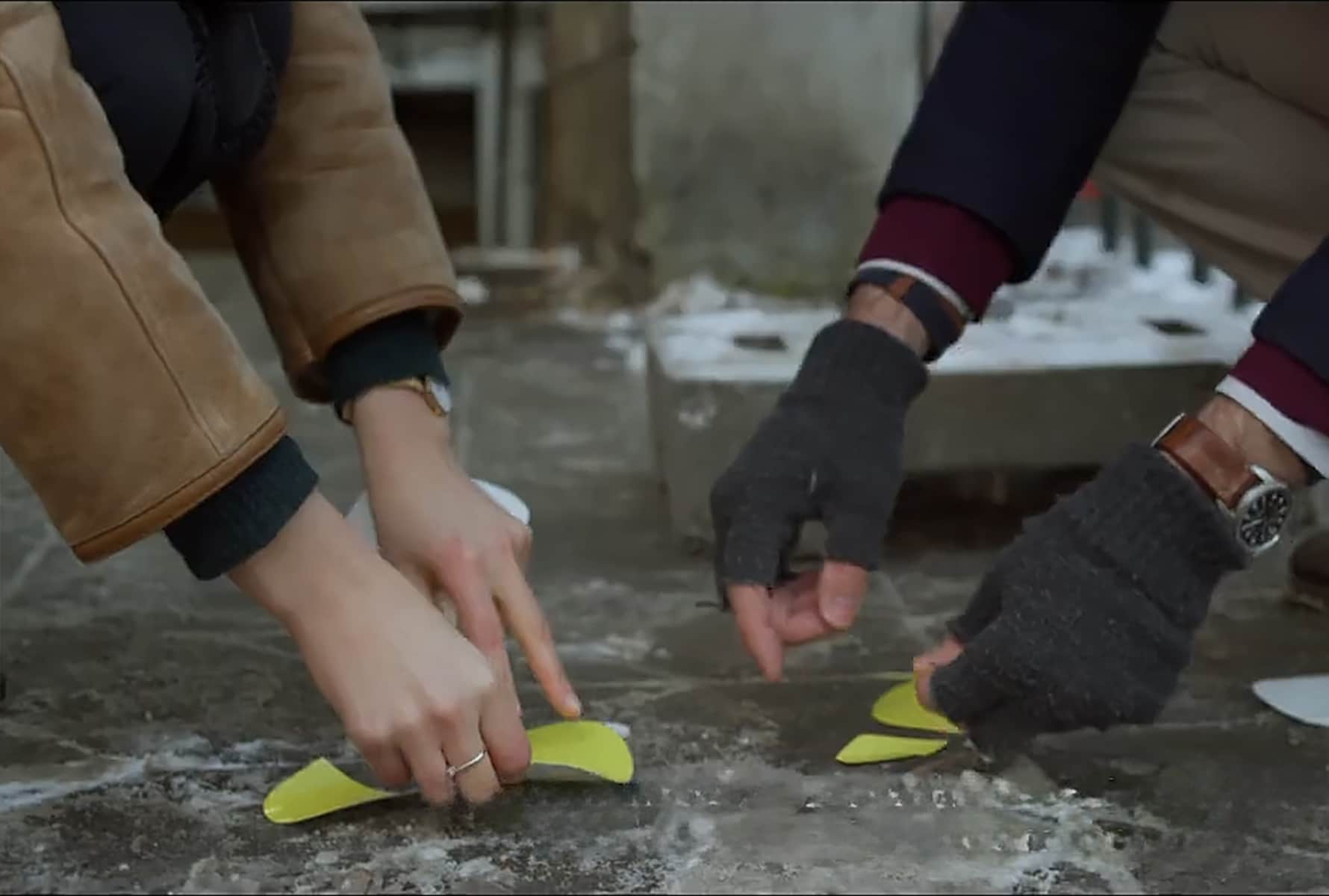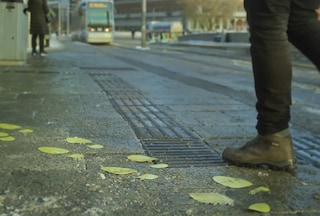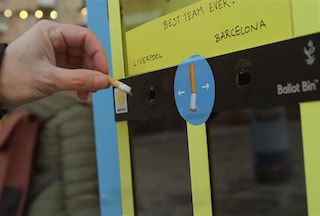Cigarette butts on sidewalks are a common sight in many cities, but we at Philip Morris International (PMI) are on a mission to change this.
Our affiliate, Philip Morris Nordics, commissioned Mindshift to carry out a study on the effects of “nudging behavior” on adult smokers. Based in Norway, Mindshift’s scientific research methods inform product and infrastructure design to encourage behavioral change.
By working with Mindshift, Philip Morris Nordics helped design and deliver an initiative aiming to empower adult smokers to dispose of cigarette butts properly.
Taking steps to encourage behavioral change around littering in Norway
We decided to go with mineshaft because they are well renowned scientists,
behavioral scientists that have worked on litter before,
and they've done research on behalf of both the
authorities and other private companies.
The benefits of our cooperation with
the PMI is that they give us a chance to
conduct experiments.
So we are pretty sure about the real effects of these measures.
The experiments work really well, especially the footsteps on the ground.
I think it's the most effective measure we have ever seen on littering.
You always have to think about motivation and what drives people in order to make a proper behavioral design.
Our techniques are based on research and studies about human behavior
and how to trigger the right behavior at the right time.
Well, I think valid points are pretty well known all over Europe.
And in Oslo we have them, you know, on every street corner.
But I just wanted to look into how can we have smokers
use them even more to make more a part of their everyday?
I think we now have the knowledge on how to reduce the litter.
So now it's pretty much up to the stakeholders to make these measures go through.
I think that nobody can do this alone.
I think all good forces need to be joined.
I'm talking about the authorities, private companies, civil society.
We all need to do our part, and
we need to speak together and,
you know, align in order to to have the good results that we all want to have.
So when we started this project, I did expect nothing to have an effect,
but not such a great effect,
I was astonished.
Encouraging behavior change requires capturing adult smokers’ attention
The focus of the initiative was to capture the attention of adult smokers and use intelligent environment design to change their waste disposal behaviors—specifically cigarette butts—in one of the busiest areas of Oslo. The team focused on eye-level “ballot bins.” These bins allow you to vote on any subject by choosing which transparent bin to put your litter in, and are a common sight in Norway.
Speaking about the partnership, Jørgen Dalen, Behavorial Scientist at Mindshift, said: “The benefits of our cooperation with Philip Morris is that they give us a chance to conduct experiments, which worked really well. I think it is the most effective measure we have ever seen on littering.”
To support its mission, the team at Mindshift designed innovative, attention-grabbing refuse installations to encourage adult smokers to dispose of their butts responsibly—something Ida Kopperstad, a behavioral scientist at Mindshift, thinks is key: “Our techniques are based on research and studies about human behavior, and how to trigger the right behavior at the right time.”
They placed bright yellow footprints on the pavements to lead adult smokers to these ballot bins. The addition of a fun, football-based question was designed to further encourage adult smokers to bin their butts responsibly.
“You always have to think about motivation and what drives people to make a proper behavioral design,” said Dalen.
Nudging adults to think about what they are doing
And the results? Well, they speak for themselves:
- 145 percent usage increase with nudging and prompts about the bins’ purpose.
- 208 percent bin usage increase when adding further measures, such as football-based questions, to capture attention.
This initiative demonstrates the change in behavior that can occur when adult smokers’ attention is caught and nudging techniques are implemented.
As for the future, Dalen is optimistic: “I think we now have the knowledge about how to reduce the litter, so now it’s pretty much up to the stakeholders to make sure these measures go through.”







